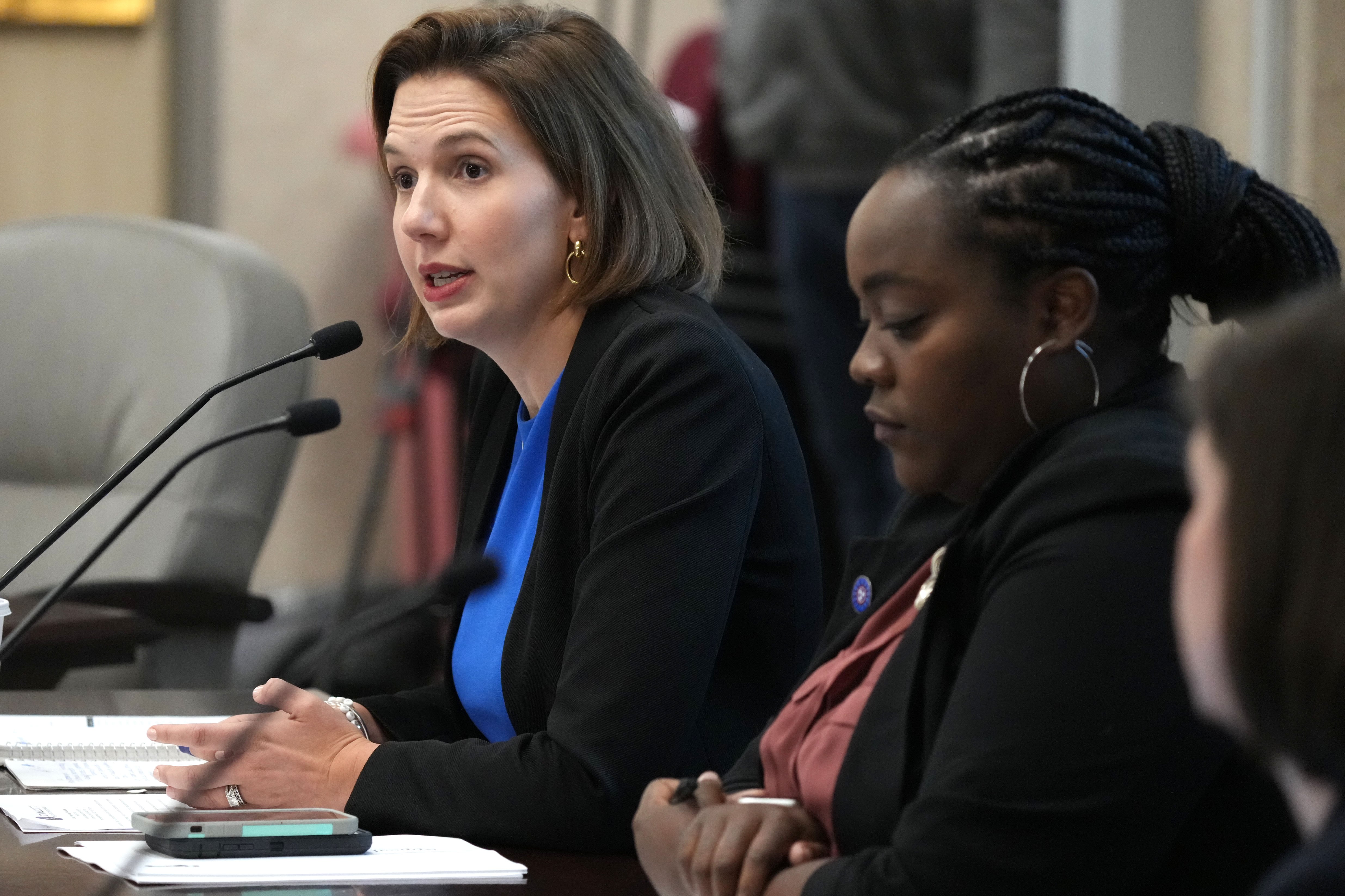Two charter schools exiting Tennessee’s school turnaround district will pivot to the oversight of another state-run district operated by a new charter school entity.
The Tennessee Public Charter School Commission approved applications Friday from Promise Academy Spring Hill, which serves kindergartners through fifth graders in Memphis’ Raleigh community, and LEAD Neely’s Bend, which serves grades 5-8 in the Madison area of Nashville.
Their transition from the state’s Achievement School District will occur this fall.
Both schools were academically in the state’s bottom 5% when the state moved them into its turnaround district, which mostly used charter operators as its improvement strategy. The so-called ASD has had mixed results but did not deliver on its early promises to transform schools within five years.
Both Promise Academy and Neely’s Bend became eligible to leave the ASD last fall based on improved academic performance under new exit criteria established by a 2021 state law. The law, signed by Gov. Bill Lee, requires schools to exit the ASD after 10 years — or sooner if they’ve stayed off Tennessee’s priority list of the lowest-performing schools for two cycles.
“What we’ve seen with these schools is what we want — helping students achieve better outcomes,” said Commissioner Eddie Smith after the panel unanimously approved the applications from Promise Academy and LEAD.
The ASD exit law also allows higher-performing ASD schools to bypass their home districts and move to the new state-run district overseen by the charter commission. Lower-performing schools exiting the ASD can still seek to return to their home school districts, as four ASD schools in Memphis did last fall.
When the state launched the ASD in 2012 with six schools, the plan was to return all the schools to their hometown districts. The district eventually grew to 30 schools.

At public hearings in December, officials with Memphis-Shelby County Schools and Metropolitan Nashville Public Schools told commission staff that they wanted Promise Academy and Neely’s Bend to become part of their local charter school portfolios.
Created under a 2019 law and with members appointed by the governor, the commission took over the charter appellate duties of the State Board of Education, as well as four state-authorized charter schools in Memphis and Nashville.
With Friday’s votes, the commission’s portfolio grows to 16 schools, including three other former ASD schools in Memphis whose applications were approved last school year: Cornerstone Prep Denver, Lester Prep, and Libertas School of Memphis.
In other business, the commission reelected Tom Griscom of Chattanooga as chairman and Chris Richards of Memphis as vice chairman.
Griscom is a retired newspaper publisher who served as director of White House communications under President Ronald Reagan. Richards is a lawyer and retired executive of FedEx.
Marta Aldrich is a senior correspondent and covers the statehouse for Chalkbeat Tennessee. Contact her at maldrich@chalkbeat.org.






